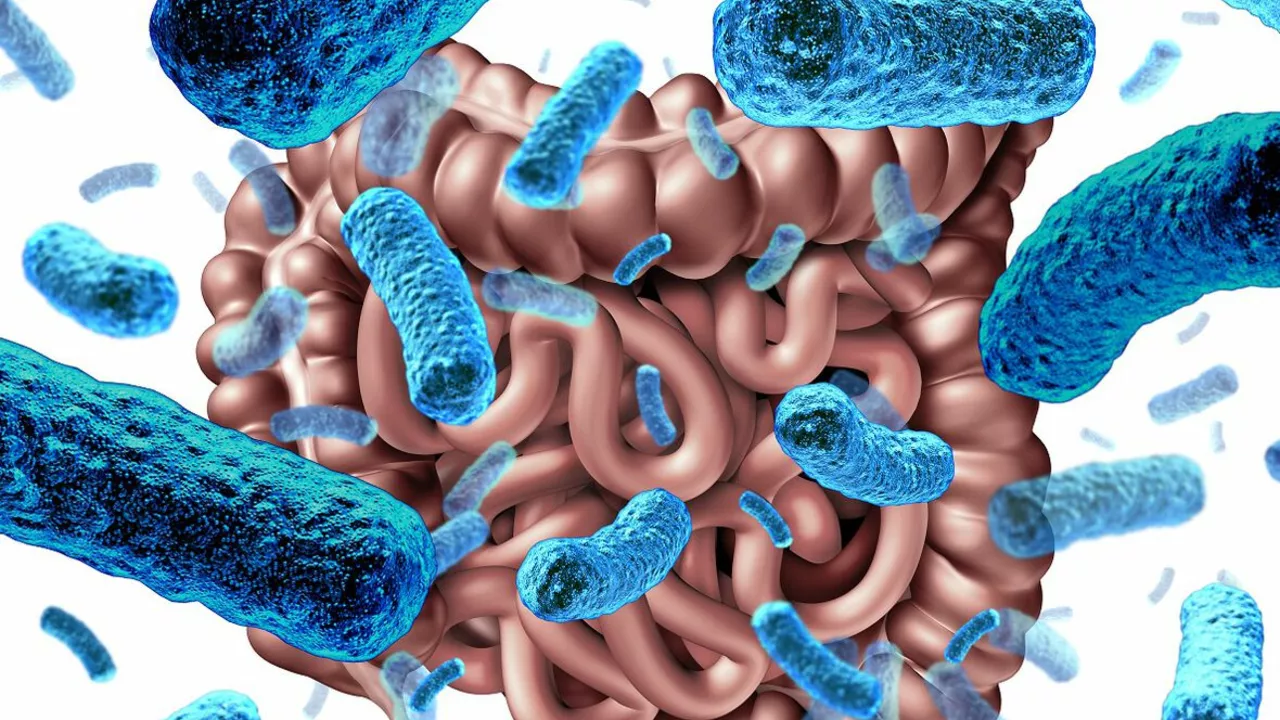Gut Microbiome Diversity: What It Is and Why You Should Care
Your gut houses trillions of bacteria, fungi, and other microbes. When those communities are varied — not dominated by a few strains — your digestion, immunity, mood, and even metabolism often work better. If you want a quick rule: greater variety in your gut microbes usually means more resilience when illness, stress, or antibiotics hit.
Why diversity matters
Diverse gut microbes break down different foods and make helpful compounds like short-chain fatty acids. Those compounds feed your gut lining, calm inflammation, and help blood sugar control. Low diversity is linked with problems such as bloating, slower recovery after illness, and a higher risk of some chronic conditions. Fixing diversity can improve energy, digestion, and sometimes mood.
Practical steps to boost diversity
Here are concrete things you can start doing this week. Pick one or two and stick with them for a month to see how you feel.
Eat more plant types. Aim for 20–30 different fruits, vegetables, nuts, seeds, beans, and whole grains across a week. Not every meal needs to be exotic — swap lettuce for spinach, add a handful of berries, try lentils instead of chicken once or twice.
Prioritize fiber and resistant starch. Foods like oats, barley, beans, cooked-and-cooled potatoes, and green bananas feed helpful microbes. Try overnight oats, a bean salad, or cooled potato salad as easy options.
Add fermented foods. Yogurt, kefir, sauerkraut, kimchi, tempeh, and miso bring live cultures and new species to your gut. Start with a small portion daily and increase if you tolerate them well.
Include prebiotic foods. Onions, garlic, leeks, asparagus, and Jerusalem artichokes contain fibers that selectively feed good microbes. Chop them into soups, stir-fries, or salads.
Cut unnecessary antibiotics and highly processed foods. Antibiotics can knock out broad swaths of microbes. Use them only when prescribed. Ultra-processed foods and high sugar can favor less helpful microbes, so limit those where possible.
Move, sleep, and manage stress. Regular moderate exercise, consistent sleep, and stress reduction (breathing, short walks, or hobbies) support gut health by changing gut motility and immunity.
Be cautious with supplements. Probiotics can help in specific situations, like after a course of antibiotics, but effects depend on strain and person. Prebiotic supplements (inulin, FOS) can cause gas for some people. If you have IBS or severe symptoms, check with a clinician before starting supplements.
Tests and expectations. Stool microbiome tests can show which species are present, but they don’t always tell you the best treatment. Use tests as one data point, not a prescription. Building diversity takes weeks to months — small, consistent changes win.
Start simple: add one new plant food each day, eat a fermented food at lunch, and swap a refined grain for a whole grain. Those small moves add up and usually improve how you feel faster than you expect.
The Relationship Between Probiotics and Gut Microbiome Diversity
In my latest deep dive into health and wellness, I've discovered the fascinating link between probiotics and the diversity of our gut microbiome. It turns out, probiotics play a crucial role in increasing the variety of bacteria in our guts, which helps keep our digestive system healthy. The more diverse our gut microbiome, the better our body can break down food and absorb nutrients. So, by adding probiotics to our diet, we're not just supporting our gut health, we're also improving our overall well-being. This is definitely food for thought for those of us on a health journey.
